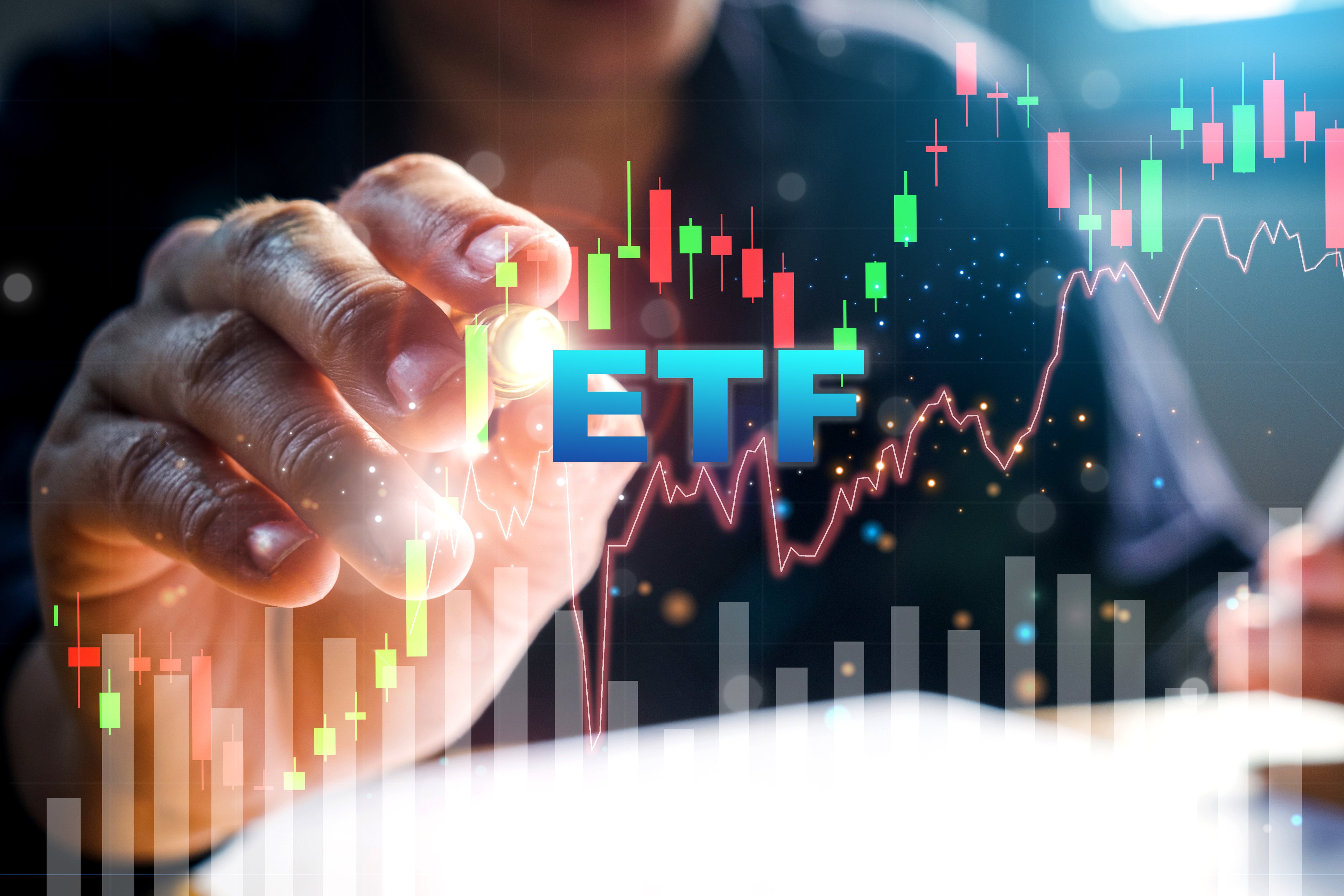One of the best uses of index funds is to get exposure to areas of the stock market where you want to invest but may not be completely comfortable picking individual stocks yourself.
There's no doubt that artificial intelligence, or AI, is one of the most interesting and promising investment opportunities of our time. But picking individual winners can seem like an intimidating task.
One of the biggest problems is that artificial intelligence ETFs -- and there are a few -- tend to have relatively high investment fees. But there's a Vanguard ETF that can give you excellent AI exposure at a fraction of the cost of most other artificial intelligence ETFs -- the Vanguard Information Technology ETF (VGT 2.21%).

Image source: Getty Images.
About the Vanguard Information Technology ETF
Technically speaking, the Vanguard Information Technology ETF isn't an AI-specific investment vehicle. Instead, it is a sector index fund that tracks information technology, which is one of the 11 S&P sectors.
Having said that, the bulk of the companies in the portfolio are major AI players. Semiconductor manufacturers make up 31% of the fund, for example, and software companies make up another 36%. And if we look at the list of the fund's 10 largest holdings (which make up 58% of the assets), aside from maybe Apple (AAPL 0.20%), it reads like a "who's who" of the biggest AI winners in the market.
|
Company (Symbol) |
% of Fund |
|---|---|
|
Nvidia (NVDA 2.84%) |
17.18% |
|
Microsoft (MSFT 2.86%) |
13.73% |
|
Apple (AAPL 0.20%) |
13.05% |
|
Broadcom (AVGO 3.21%) |
4.32% |
|
Oracle (ORCL 3.37%) |
2.02% |
|
Palantir (PLTR +6.85%) |
1.86% |
|
Cisco (CSCO +3.08%) |
1.50% |
|
AMD (AMD 1.69%) |
1.44% |
|
Salesforce.com (CRM 6.98%) |
1.32% |
|
International Business Machines (IBM 6.28%) |
1.23% |
Data source: Vanguard. Holdings as of Aug. 31, 2025.
Like most Vanguard ETFs, the Vanguard Information Technology ETF is a low-cost investment product. It has a 0.09% expense ratio, which means that for every $1,000 in assets, you'll pay $0.90 in investment fees annually. To be sure, this isn't a fee that you actually have to pay, but it will be reflected in the fund's performance over time.

NYSEMKT: VGT
Key Data Points
Here's why this is so important. The most popular AI-specific ETFs all have expense ratios that are much higher. For example, the Global X Artificial Intelligence and Technology ETF (AIQ 2.56%) has a 0.68% expense ratio. Over a long holding period, this difference in fees could literally mean thousands of dollars in additional returns.
To illustrate this, let's say that the stocks owned by both funds return an average of 12% per year for the next 20 years, and that you invest $10,000 in each of them. The fund with a 0.68% expense ratio would grow your money to about $85,400. The Vanguard fund with a 0.09% expense ratio would produce over $9,500 more.
A word of caution
It's also worth noting that that the reasons to buy the Vanguard Information Technology ETF are also the reasons to be cautious -- specifically when it comes to the concentration in the largest tech companies. Nearly 45% of the fund is concentrated in Nvidia, Microsoft, and Apple, so if any of those three has a bad earnings report or other negative news, it could have a big impact on the fund. Just keep this in mind before you invest.
The bottom line is that the Vanguard Information Technology ETF is an excellent way to get all-in-one exposure to the biggest and most successful names in AI with a bare minimum of investment fees. If you are looking for ways to benefit from the AI boom without choosing individual stocks on your own, this could be a great way to do it.
















